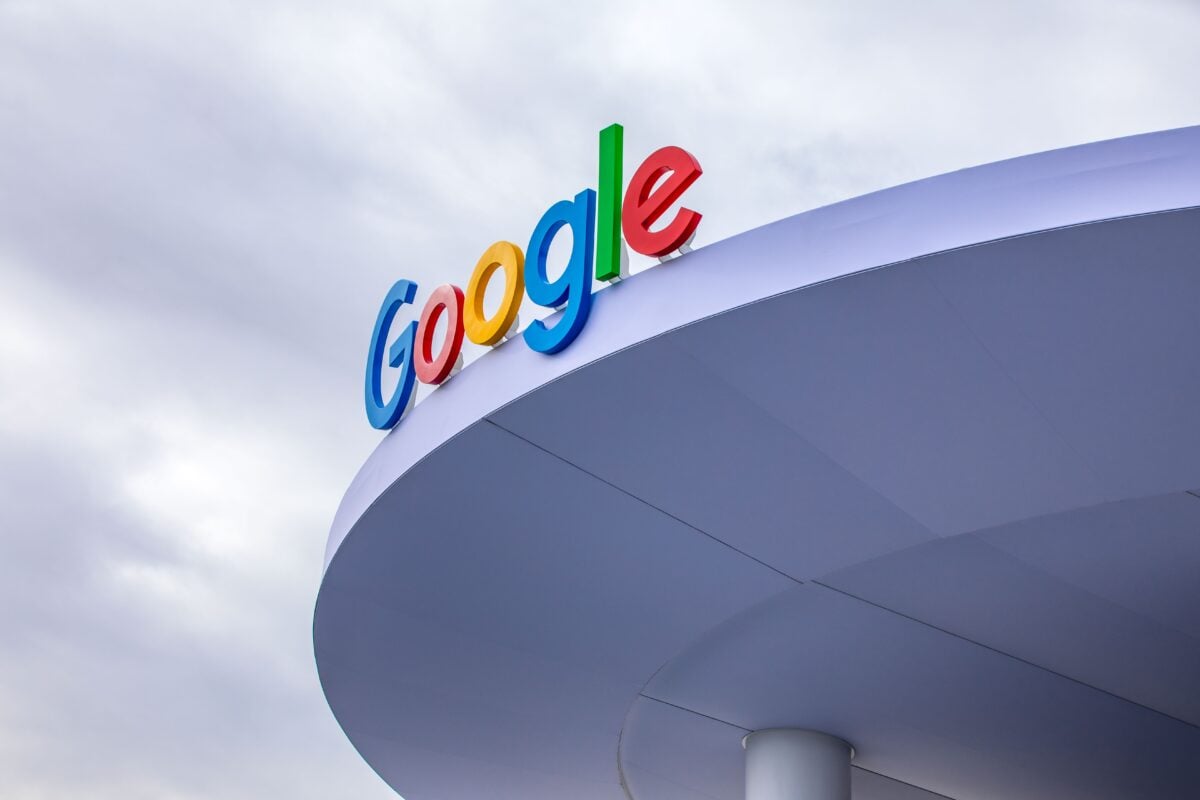TLDRs;
- Judge spares Google a breakup but orders Chrome data sharing to help rivals compete in online search.
- Google can keep Android and continue Apple deals but must stop blocking competitor apps through exclusivity contracts.
- Judge Mehta highlights AI firms as new competitors, noting massive investment reshaping the search market.
- Alphabet stock jumped 7.2% as investors viewed data-sharing mandates less disruptive than forced corporate divestitures.
A U.S. federal judge has ruled that Google can keep ownership of its Chrome browser and Android operating system but must share data with competitors to prevent unfair dominance in the online search market.
The ruling concludes a five-year legal battle between Google’s parent company, Alphabet, and antitrust regulators, who accused the tech giant of operating an illegal monopoly in search and advertising.
The decision, issued by Judge Amit Mehta, is a pivotal moment in modern antitrust enforcement. Rather than demanding a corporate breakup, the court ordered targeted remedies designed to increase competition while allowing Google to preserve its business model.
Data-sharing mandate replaces corporate breakup
Judge Mehta rejected calls to force Google to sell Chrome or Android, saying such a move would have “disproportionate and unpredictable consequences” on both the tech ecosystem and consumers.
Instead, he mandated that Google make its search data available to rivals, ensuring other companies can build competing services.
Google was also instructed to stop making exclusive deals with device manufacturers that prevent them from offering rival apps. However, the company can continue paying Apple to remain the default search engine on iPhones and other Apple products.
This approach marks a departure from traditional remedies in landmark antitrust cases such as those against Microsoft in the late 1990s, where structural changes were considered the primary solution to monopoly power.
AI’s growing role in competition
In his ruling, Judge Mehta pointed to the rapid rise of artificial intelligence as a major factor in his decision. He acknowledged that AI-powered platforms are emerging as credible challengers to Google’s long-standing dominance in search.
“The money flowing into this space, and how quickly it has arrived, is astonishing,” Mehta wrote, citing AI startups building next-generation search and chatbot tools.
By recognizing AI as a disruptive force, the court signaled that the competitive landscape is already shifting, making a forced breakup less urgent.
This perspective suggests that regulators may increasingly look to emerging technologies as natural checks on tech monopolies, reducing reliance on sweeping legal remedies.
Market reaction and future appeals
Following the ruling, Alphabet’s stock surged 7.2% in after-hours trading, reflecting investor confidence that data-sharing requirements are far less disruptive than a corporate split. Apple shares also rose by 3%, benefiting from the court’s decision to allow continued search engine payments from Google.
Google, however, expressed concern about the implications for user privacy, warning that sharing data with competitors could increase risks of misuse. The company also confirmed it is preparing an appeal, which could delay enforcement of the ruling for several years.
Meanwhile, critics argue that the decision may not go far enough to curb Google’s market power, noting that its entrenched dominance and deep pockets still pose major barriers to competition.
Shaping the future of antitrust enforcement
Judge Mehta described his ruling as a “humble” attempt to balance consumer protection, market fairness, and technological realities.
By choosing data sharing over structural remedies, the court set a precedent for more flexible and adaptive approaches to antitrust enforcement in fast-moving industries.
For AI startups and search competitors, access to Google’s data could be a game-changer, allowing them to train algorithms and develop innovative alternatives.







